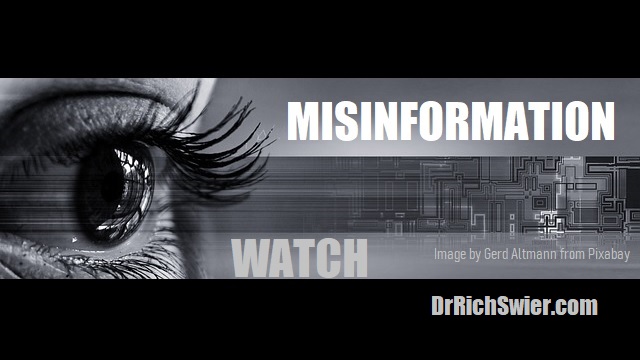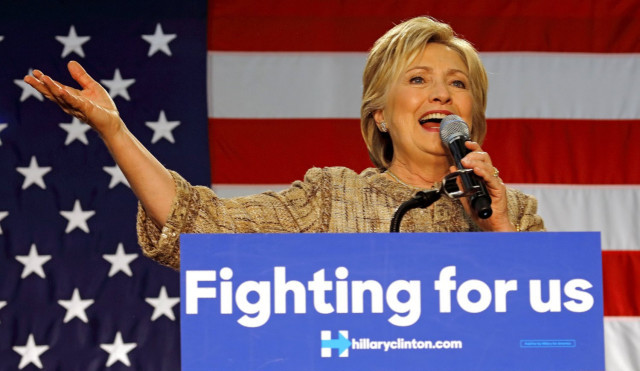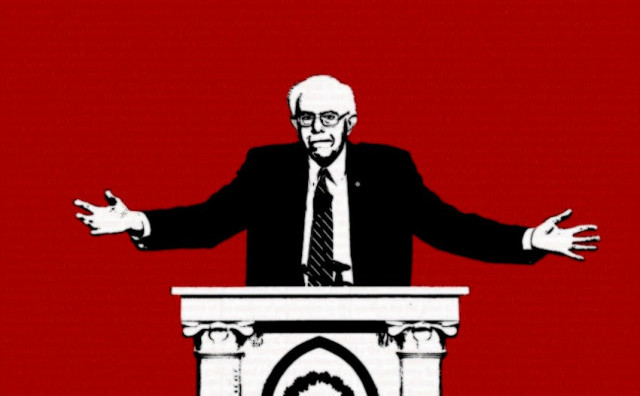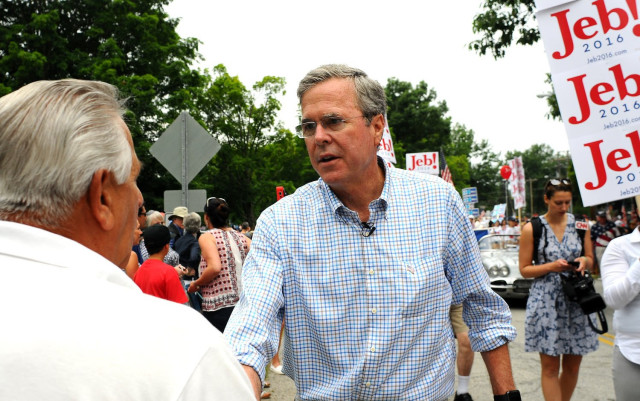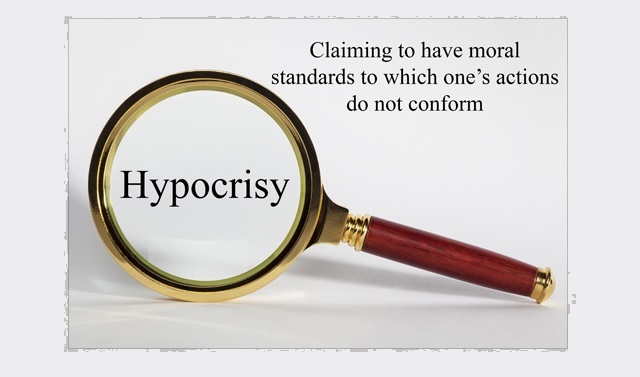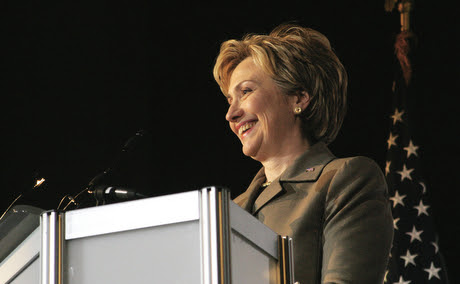Why the Greatest Refutation of the 1619 Project May Come from a French Liberal

In ‘Democracy in America,’ Alexis de Tocqueville explained how the “principle ideas” of New England foundation served as the foundation of social theory in the United States.
Perhaps, we as 21st-century Americans should adopt some humility surrounding our own abilities to interpret and understand the motivations and events encompassing the founding and early years of our nation, lest we run the risk of rewriting and corrupting our history. It has now been nearly two and half centuries since George Washington, Thomas Jefferson, Ben Franklin, and the numerous other brave and distinguished signers of the Declaration sent this young, impetuous nation into bloody battle in the hopes of securing liberty and independence.
Two and a half centuries is a long time. A contemporary individual who claims to know that what was truly lurking in the nation’s heart and soul during that revolutionary period was nefarious and wicked and in sharp contrast to the stated goals and beliefs of the founders must either be the grandest of scholars or an absolute charlatan.
That is, however, precisely the thesis of The New York Times’ 1619 Project.
Nikole-Hannah Jones, the author of the project’s inaugural essay, argues that the founders were motivated not by the ideals of liberty, freedom, and democracy that they preached but rather by the preservation and promulgation of slavery. It is subjugation not liberation, according to Jones, that defines the American story.
It is for this reason that she believes “1619,” the year the first African slaves were brought to the new world, “is as important to the American story as 1776.” Parts of the essay even paint 1619 as the nation’s true cultural founding.
Later in her essay, Jones makes a point that has drawn particular ire and criticism from the historical community. She writes, “one of the primary reasons some of the colonists decided to declare their independence from Britain was because they wanted to protect the institution of slavery.”
She continues with this line of reasoning, drawing the conclusion that many of the founders only favored independence because “independence was required in order to ensure that slavery would continue.”
She goes further still, stating “that this nation was founded not as a democracy but as a slavocracy.”
It would not be an exaggeration to say that Jones is attempting to rewrite American history. By pointing to 1619 as America’s true birth and arguing that slavery and oppression have been the dominating forces shaping American mores and culture since colonial times, she is doing away with every commonly held belief regarding the American founding and constitution.
But who are we as fellow contemporaries to argue against her? We don’t truly know the contents of our nation’s collective character in its early years. Perhaps Jones’s narrative is a valid alternative to the American story. If only an impartial observer had meticulously cataloged and chronicled American democracy within the lifetime of numerous founding fathers, we may have a credible answer.
Thankfully, Alexis de Tocqueville did just that.
First published in 1835, Tocqueville’s Democracy in America showcases the understanding of American society, mores, and sentiments the aspiring French politician gained during his multiyear tour of America. The prolific text has long served as a reference for political theorists, historians, and leaders.
In the book’s first volume, Tocqueville discusses the “Point of Departure” for the colonists. He describes the foundation of new modes of political thought and the adoption and dissemination of “altogether democratic and republican political life.”
Tocqueville saw the New England townships as the “principle and the life of American freedom.” It was also in New England that Tocqueville believed America’s unique interconnection and interweaving of “the spirit of religion and the spirit of freedom” first took hold.
Tocqueville’s linkage of Christianity, specifically Puritanism, to freedom leads him to regard 1620—the year the first New England settlers signed the historic Mayflower Compact—as the true founding of America in terms of the mores and ideals that would come to shape the young nation. He even quotes the compact:
“[w]e whose names are under written […] having undertaken for the glory of God, and the advancement of the Christian faith, and the honour of our King and country, a voyage to plant the first colony in the northern parts of Virginia; do by these presents solemnly and mutually, in the presence of God and one another, covenant and combine ourselves together into a civil body politick, for our better ordering and preservation, and furtherance of the ends aforementioned: And by virtue hereof, do enact, constitute and frame such just and equal laws, ordinances, acts, constitutions and officers, from time to time as shall be thought most meet and convenient for the general good of the colony.”
The sentiments of equality and democracy outlined in this historic document continued to shape the culture of New England through the subsequent decades and centuries. And, as new pilgrims—the majority of whom were also Puritans—continued to arrive in New England, these convictions were only strengthened.
Tocqueville also notes the importance of the socioeconomic stations of the Puritans. In England, Puritans traditionally occupied the middle class. By coming to America, with no established upper classes, the Puritans were able to throw off the despotic aristocratic rule found in the mother country. This gave rise to a new understanding of equality and democracy akin to the near total democracy found in ancient times. As Tocqueville notes, the development of such a system would not have been possible in the “old feudal society” found in 17th century Europe.
Southern political culture did not develop in this manner. Whereas New England was populated by educated, largely middle-class Puritans who sought political and religious freedom, the South was populated by “gold seekers,” “industrialists,” and “farmers.” These immigrants almost exclusively occupied “the lower classes of England.” They were concerned primarily with making money and, in Tocqueville’s words, possessed “no noble thought.” As this last phrase indicates, Tocqueville juxtaposes these settlements quite harshly to those of New England. He writes that “no immaterial scheme presided at the foundation of” the South.
It was this lack of high ideals among the settlers of the South that led Virginia to introduce slavery soon after the creation of the colony, according to Tocqueville. Tocqueville rather aptly notes that “[slavery] dishonors work; it introduces idleness into society, and with it, ignorance and haughtiness, poverty and luxury. It enervates the forces of the intellect and puts human activity to sleep.” In a statement not entirely in opposition to the narrative of the 1619 Project, Tocqueville asserts that the “influence of slavery…explains the mores and social state of the South.”
Where Tocqueville’s understanding differs is in his belief that these are not the mores which American society was built upon. He saw that it was instead the “principle ideas” of New England “that today form the bases of the social theory of the United States.”
“New England’s principles spread at first to the neighboring states,” he writes, “later, they gradually won out in the most distant, and in the end, if I can express myself so, they penetrated the entire confederation.”
Tocqueville insists that the “general principles on which modern constitutions rest, the principles that most Europeans of the seventeenth centuries hardly understood and whose triumph in Great Britain was then incomplete, were all recognized and fixed by the laws of New England: intervention of the people in public affairs, free voting of taxes, responsibility of the agents of power, individual freedom and judgement by jury were established there without discussion and in fact.”
Slavery may have been our nation’s original sin, but it is not the foundation of our Republic.
AUTHOR
Kyle Reynolds
Kyle Reynolds studies business at Indiana University. His writing has appeared in The Daily Caller, The Washington Examiner, and The American Spectator.
EDITORS NOTE: This FEE column is republished with permission. ©All rights reserved.

